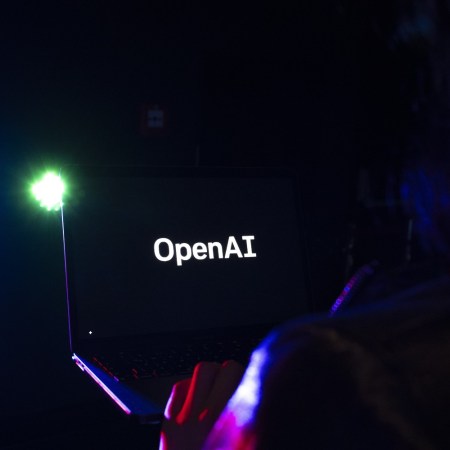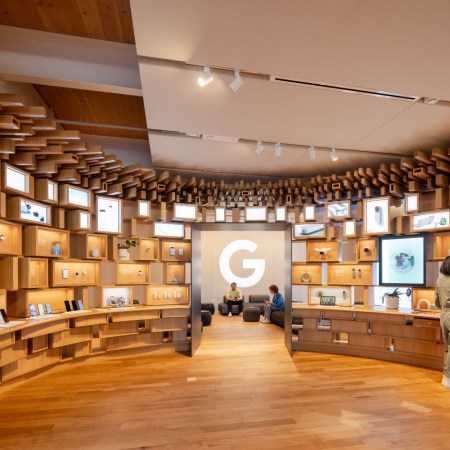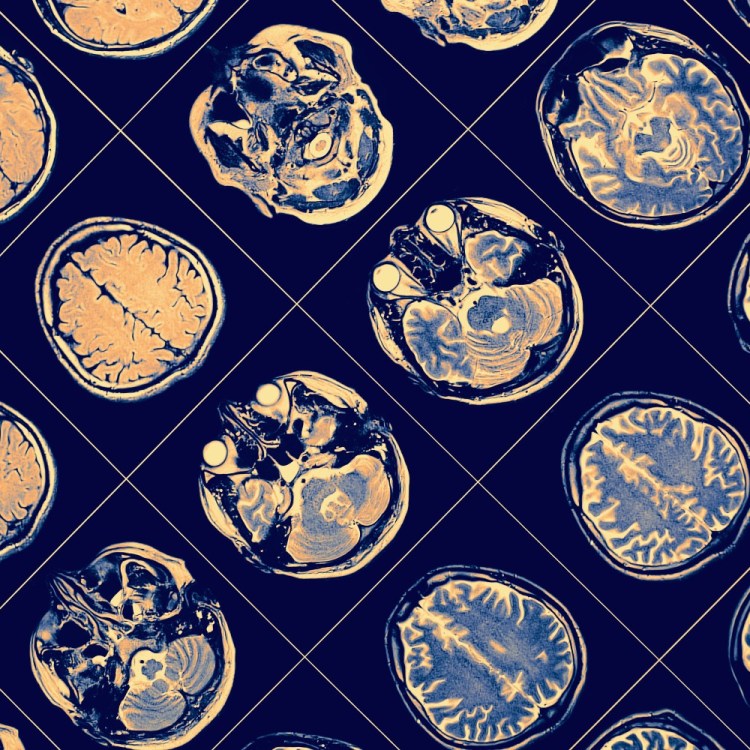Traditionally, blue-collar workers have been been painted as the primary victims of the workforce robot revolution, but a new study suggests white-collar jobs may be subject to the harrows of automation as well.
The new study, by Stanford University economist Michael Webb and published by Brookings Institution, found that artificial intelligence may be better prepared than previously thought to take over the responsibilities of even high-paid, well-educated employees in analytical roles traditionally thought to be automation-proof. This means even skilled “knowledge workers” may find themselves affected as advances in technology allow more industries to automate roles previously held by employees.
The new research came to this conclusion based on overlap between wording used in AI patents and job descriptions. The study found that many job descriptions for certain roles, such as those in market-research analysis, share many of the same subject-noun pairs that frequently appear in AI patents, such as “analyze data,” “track marketing,” and “identify markets.” Frequent overlap of such terms was determined to indicate a high rate of AI exposure for a given role.
Ultimately, the research found that workers with graduate degrees face almost four times more AI exposure than workers with just a high school diploma. In-betweeners holding only a bachelor’s degree may fare the worst, with an exposure level five times greater than those with no college degree.
That said, these results don’t necessarily spell doom for the college educated and/or white-collared. The rather forward-looking study analyzed patents for technology that may not yet or ever be fully developed. Moreover, as anyone who has ever gotten a job knows, a job description is far from wholly indicative of the full responsibilities of a role.
Meanwhile, the study doesn’t exactly raise the same “the robots are coming” alarm that has been the focus of many other reports on the future of the post-AI workforce. As Recode noted, the study didn’t specifically threaten job loss as a result of the automation exposure it calculated, so it’s possible AI may simply augment these jobs rather than replace them.
Subscribe here for our free daily newsletter.
Thanks for reading InsideHook. Sign up for our daily newsletter and be in the know.


















